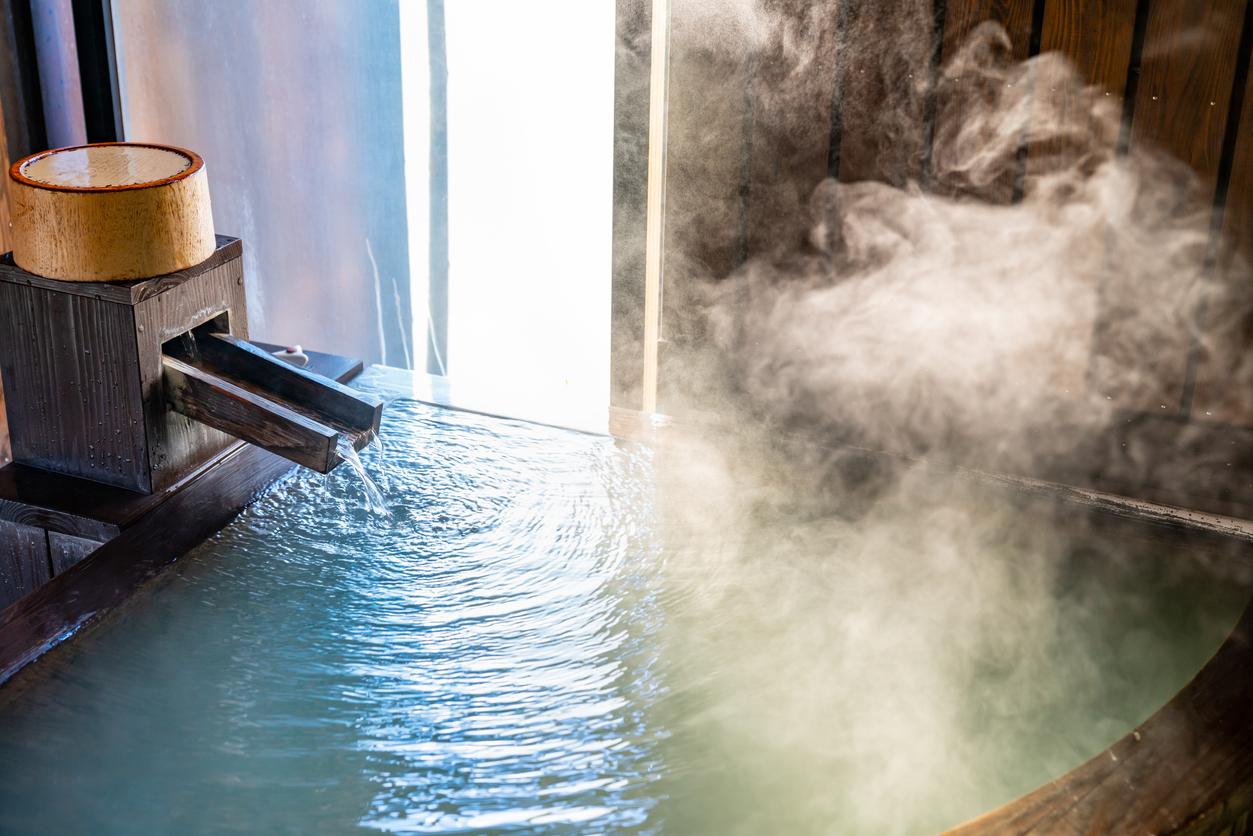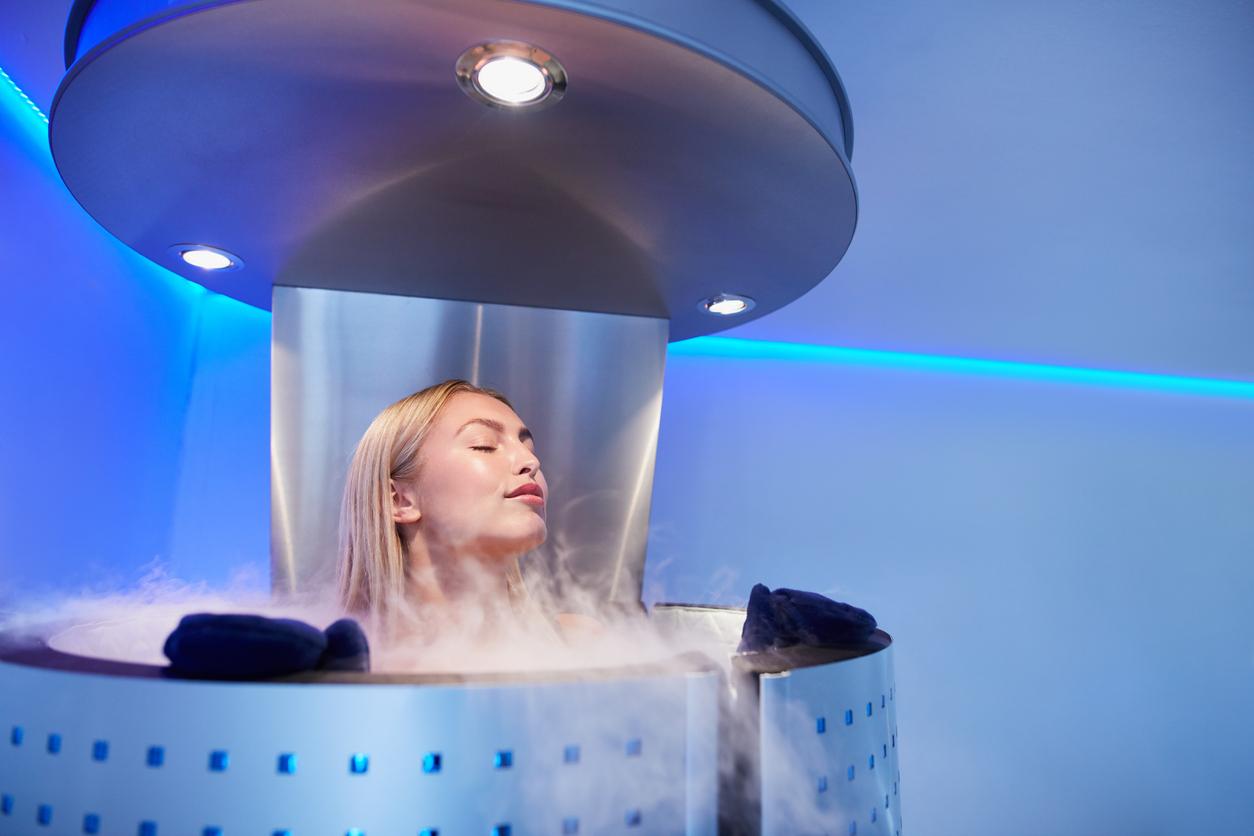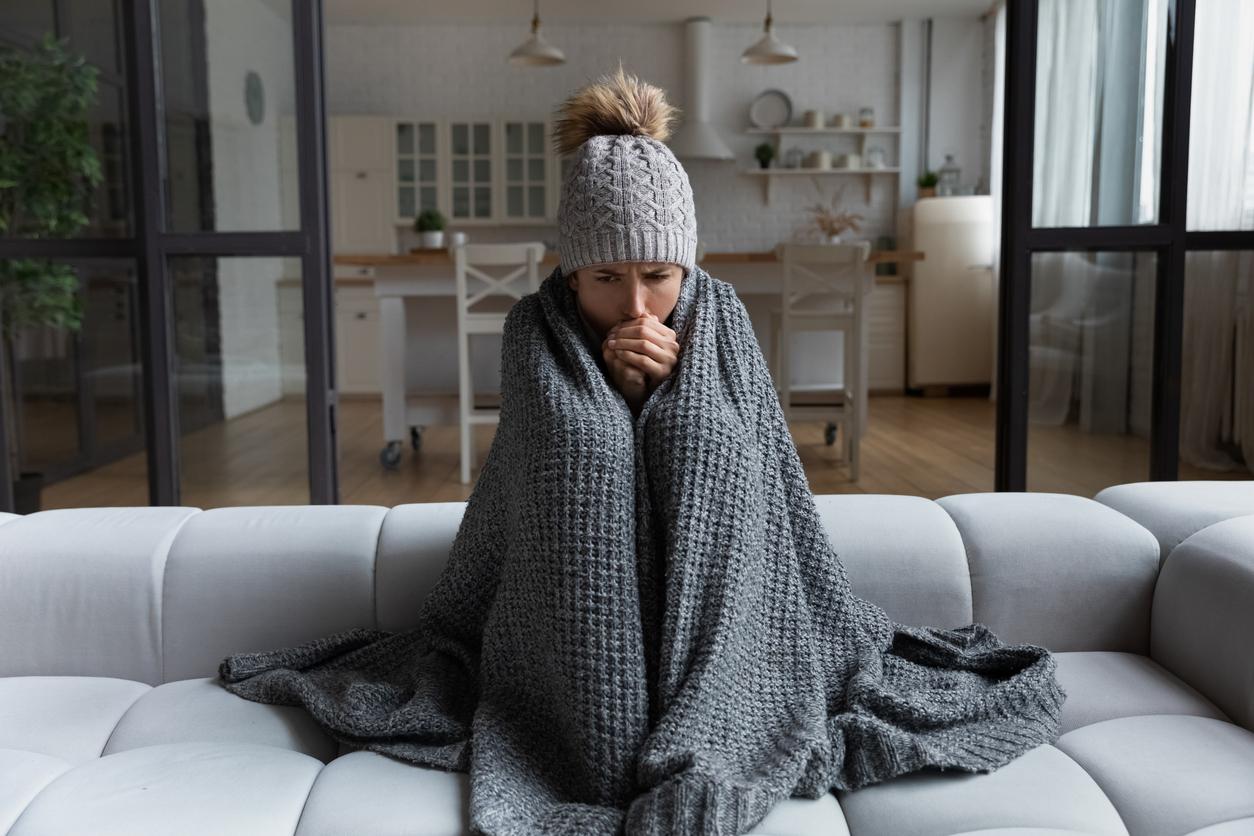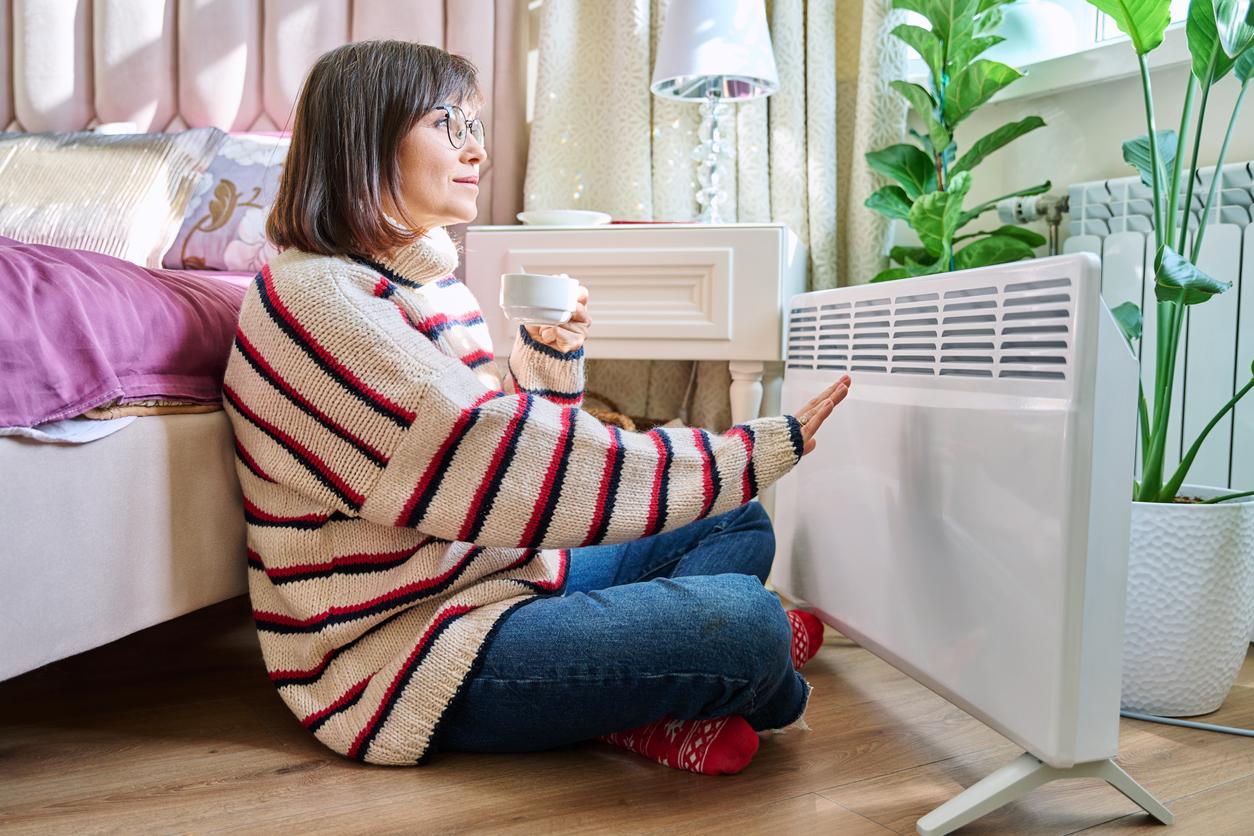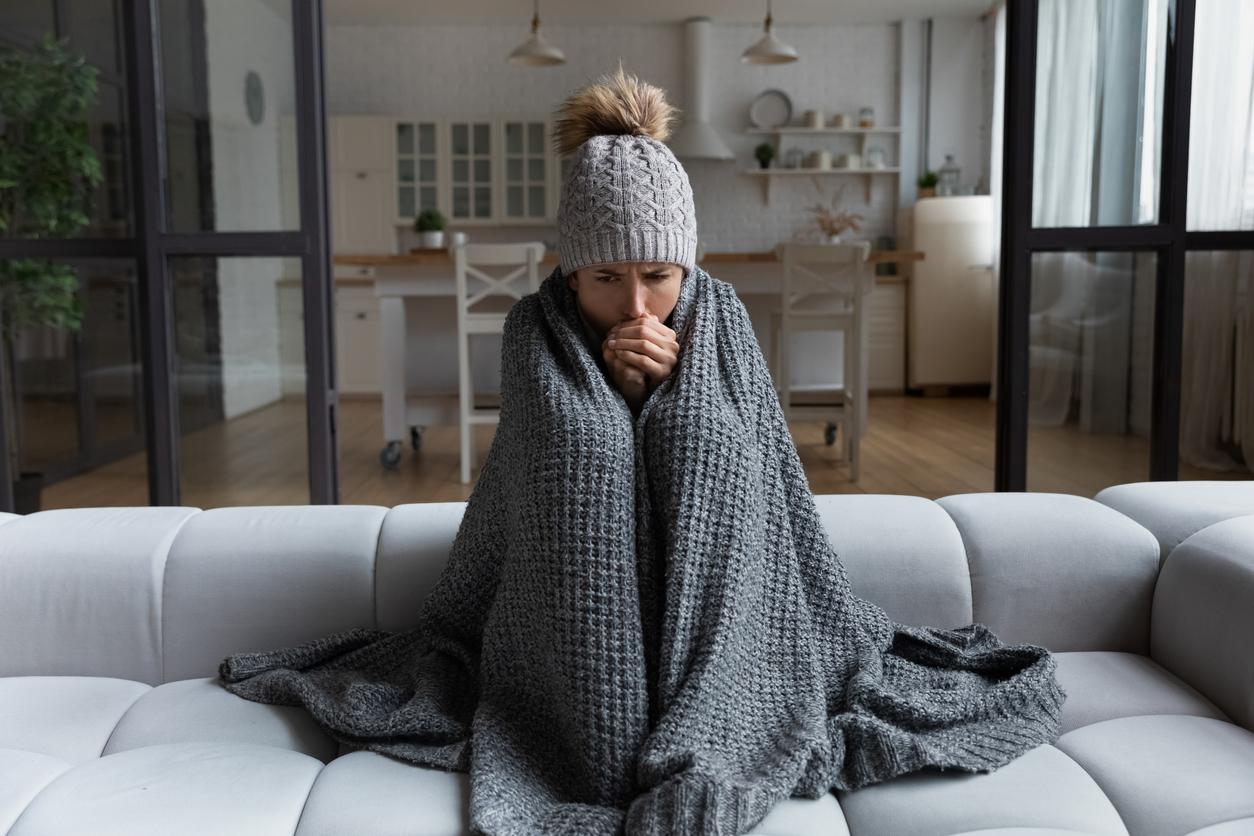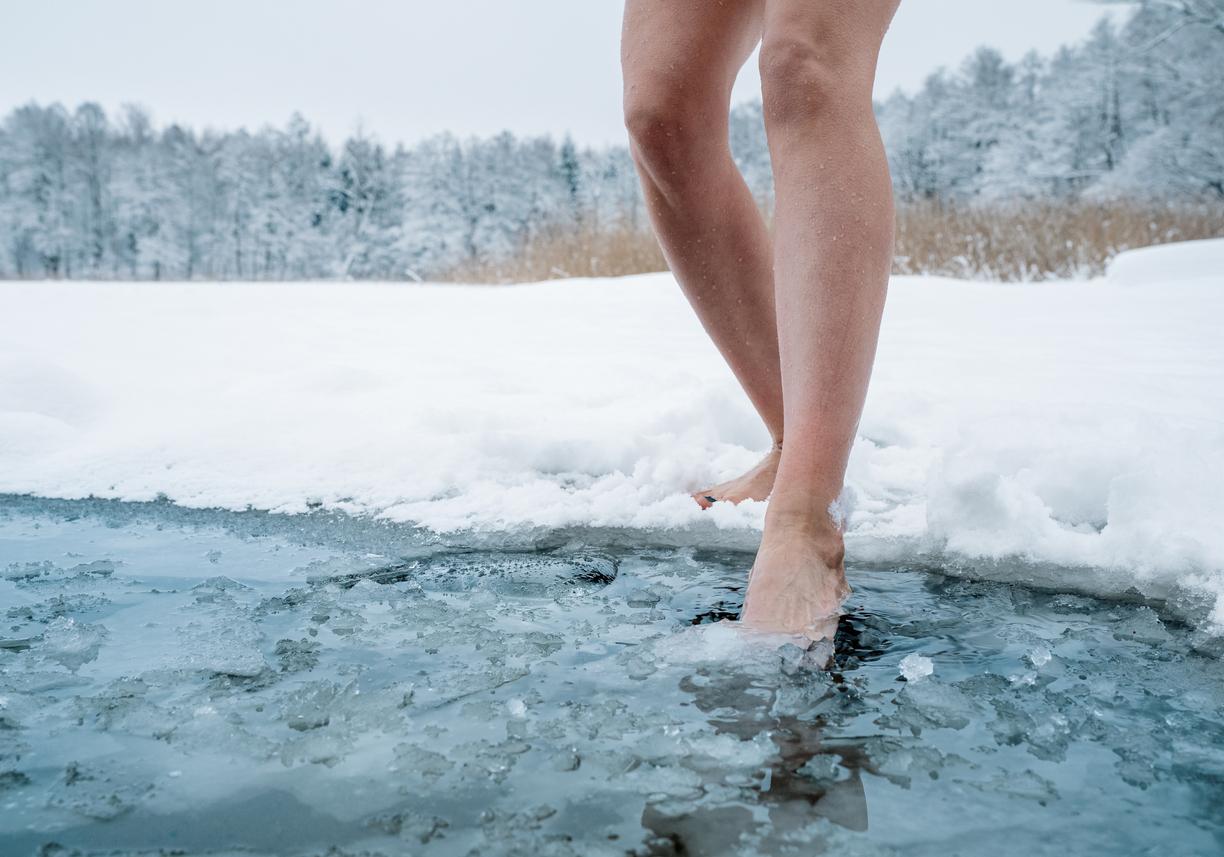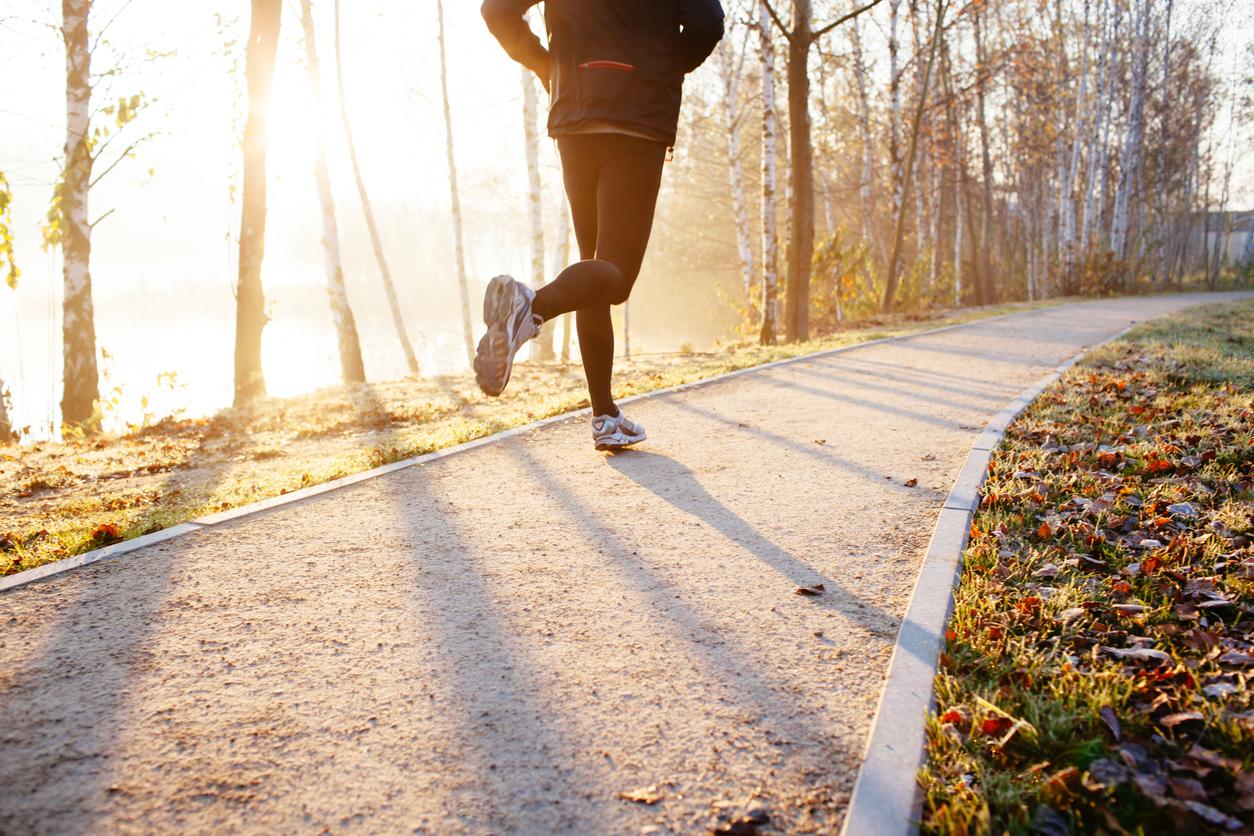Winter is far from being kind to our lips. Their delicate skin can quickly dry out and crack in freezing temperatures and wind. Dermatologist Melissa Piliang has shared her tips for regaining a soft, plump mouth this season.

- The skin of the lips is fragile because it is about 5 times thinner than on the rest of the body.
- To protect lips in winter, it is advisable to incorporate lip balm into your morning and bedtime beauty routine. Do not hesitate to apply it regularly when you are outside.
When winter arrives, watch out for chapped lips! Their fine and delicate skin faces many elements that put them in difficulty: negative temperatures, wind, rain, but also the contrast with the dry air of heated interiors.
“Our lips dry out 10 times faster than the rest of the skin on our face, so it’s very important to use extra protection”warns Dr. Melissa Piliang, dermatologist at the Cleveland Clinic, on the site of the American hospital establishment. Especially since the mouth is generally one of the least covered areas of the body in the face of winter conditions.
Fortunately, several gestures can treat chapped lips and protect them from external attacks.
Choosing the right lip balm
Nourishing, flavored, colourful, natural… we are spoiled for choice when looking for a lip balm. But the expert reminds us of the importance of choosing the most suitable stick to soothe mouths cracked by the cold. She recommends:
- favor healing products containing petroleum jelly, essential oils or glycerin: “This remedy will maintain hydration and help heal cracks and cracks in the skin”specifies the doctor;
- avoid lip balms containing camphor, eucalyptus and menthol: “These ingredients are initially soothing, but they actually dry out your lips and make the problem worse” ;
- prefer those with sunscreen: “Despite the colder temperatures, the sun shines in winter. Your lips can still be burned and are more likely to burn than the rest of your face, as the skin is thinner and more delicate.”
Avoid chapping by staying hydrated
The weather is not the only element that can put lips in difficulty. Dehydration is also likely to be responsible for chapping. Indeed, we are sometimes less attentive to it than in the summer… but staying hydrated is just as important in the winter.
“Drinking plenty of water is known to be good for your skin – and that includes your sensitive lips”adds the expert.
Do not lick dry lips
Passing your tongue over your lips when they are tight is a mechanical gesture… but fatal. “Once you put saliva on your lips, it dries them out faster, which makes your lips even drier,” says Dr. Piliang. In addition, the enzymes present in saliva and intended to digest food are irritating to the lips.
Do not chew or rub damaged lips
To get rid of small unpleasant and embarrassing skin, another reflex can be to nibble or rub cracked lips. It is also a bad idea.
“It’s best not to rub your lips or remove peeling skin with your teeth or fingers”, advises Dr. Piliang. “This only creates cracks and sores on your lips and can make things worse. Instead, apply a very thick ointment-based balm that will be soothing and help heal your lips.”adds the dermatologist.
Quickly treat chapped lips
At the first signs of dryness, flaking or cracking of the lips, take out the balm or repairing ointments. “If you let the lips chap, it can get worse, eventually become infected or even lead to a cold sore. For example, the herpes simplex virus tends to attack when your immune system is weakened, which which can happen more frequently in winter. And when your lips peel, crack and dry out, that doesn’t help the situation, creating an ideal environment for this annoying invader.”says the specialist.









